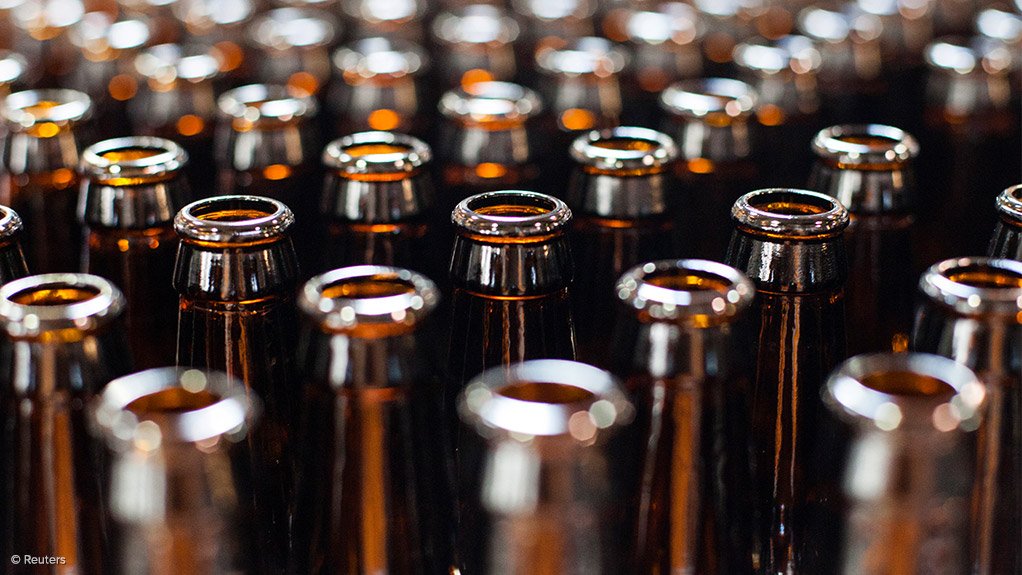For South African beverage company owner, Ndumiso Madlala, the impending value-added tax hike could spell trouble for his small-scale business that makes alcoholic ginger beer and non-alcoholic drinks.
The National Treasury plans to raise VAT by 1-percentage-point over two years from May 1, as part of measures to bolster government revenue. Currently, VAT is set at 15%.
For Madlala, the increase could force him to raise prices or lower margins, both undesirable options for a business like his in a tough economic environment.
"For us as small guys, you first hit a problem of being competitive on price," Madlala told Reuters. "Big companies can just switch prices at any time, they can reduce their price to drive the volume up. For us, that's something that we can't do."
The VAT increase comes as the South African economy faces several headwinds including a slow recovery following years of unstable electricity supply, domestic political tensions and global trade wars.
Until recently, power cuts had been a drag on South Africa's economic growth for more than a decade, escalating costs for businesses as they resorted to alternative energy sources like diesel-run generators.
On top of that, businesses and households are grappling with other rising costs, such as increases in electricity and water tariffs.
While the treasury intends to expand the basket of zero-rated VAT items to shield low-income households from the full impact, some economists argue this may not be enough as the wider population - including the middle class - feels the pinch of rising costs.
"VAT (hikes) are never a good idea… the ones that are going to be hard hit by any increases in VAT are the middle class to the poor," said economist Nomahlubi Jakuja.
"South Africa already has high levels of unemployment... and then adding an additional tax on daily goods, it decreases the purchasing power of ordinary South Africans," she added.
The VAT hike, part of revenue measures in the 2025 budget, has also deepened the schism between the African National Congress and the Democratic Alliance (DA) - partners in government - threatening to sink South Africa's first attempt at coalition rule in its 30-year democratic era.
The pro-business DA, the junior partner in the coalition, voted against the budget and went to court to try to block it.
Despite the uncertainty, Madlala remains optimistic, banking on his business's reputation and his popular ginger products.
"My comfort is the brand that I own, which is Dragonfire Ginger. It's one of its kind," he said. "So we find that our loyal base of customers comes back for our products all the time."
EMAIL THIS ARTICLE SAVE THIS ARTICLE
To subscribe email subscriptions@creamermedia.co.za or click here
To advertise email advertising@creamermedia.co.za or click here











